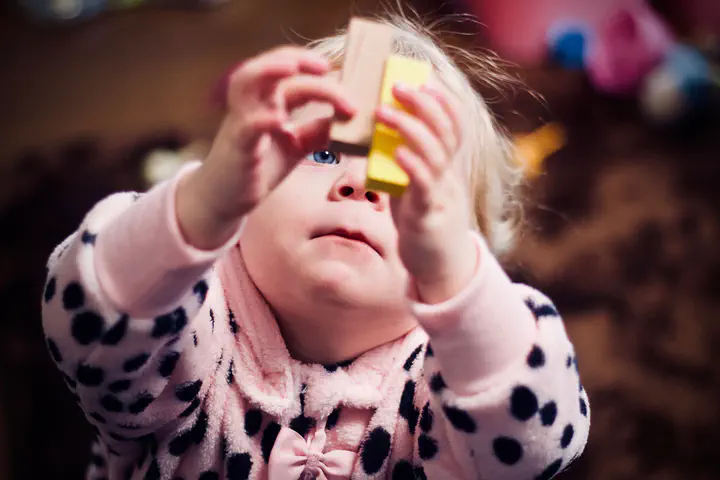Understanding of objects in social contexts.
Jan 1, 0001

Children can represent information about objects early in development. They can learn their names, their quantity, their current state. However, often objects are acted upon by people, opening up new ways for objects to be represented. One line of my research investigates how objects can be represented, not just by their own properties, but the qualities that other people bestow onto them (i.e., their own preferences and beliefs).
Alexis Smith-Flores
PhD student in Experimental Psychology
My research interests include infant social cognition, emotion reasoning, and object representation.
Publications
Young children show sensitivity to others’ emotions, discriminating between facial expressions and using them to help guide their …
Alexis Smith-Flores,
Lisa Feigenson
Infants in laboratory settings look longer at events that violate their expectations, learn better about objects that behave …
Alexis Smith-Flores,
Jasmin Perez,
Michelle Zhang,
Lisa Feigenson
The ability to track and explicitly report another person’s beliefs about the world, even when those beliefs conflict with reality, is …
Alexis Smith-Flores,
Lisa Feigenson
Adults infer that resources that become scarce over time are in higher demand, and use this “demand inference” to guide their own …
Alexis Smith-Flores,
Jessica Applin,
Peter Blake,
Melissa Kibbe
The question of how people’s preferences are shaped by their choices has generated decades of research. In a classic example, work on …
Alex Silver,
Aimee Stahl,
Rita Loiotile,
Alexis Smith-Flores,
Lisa Feigenson




